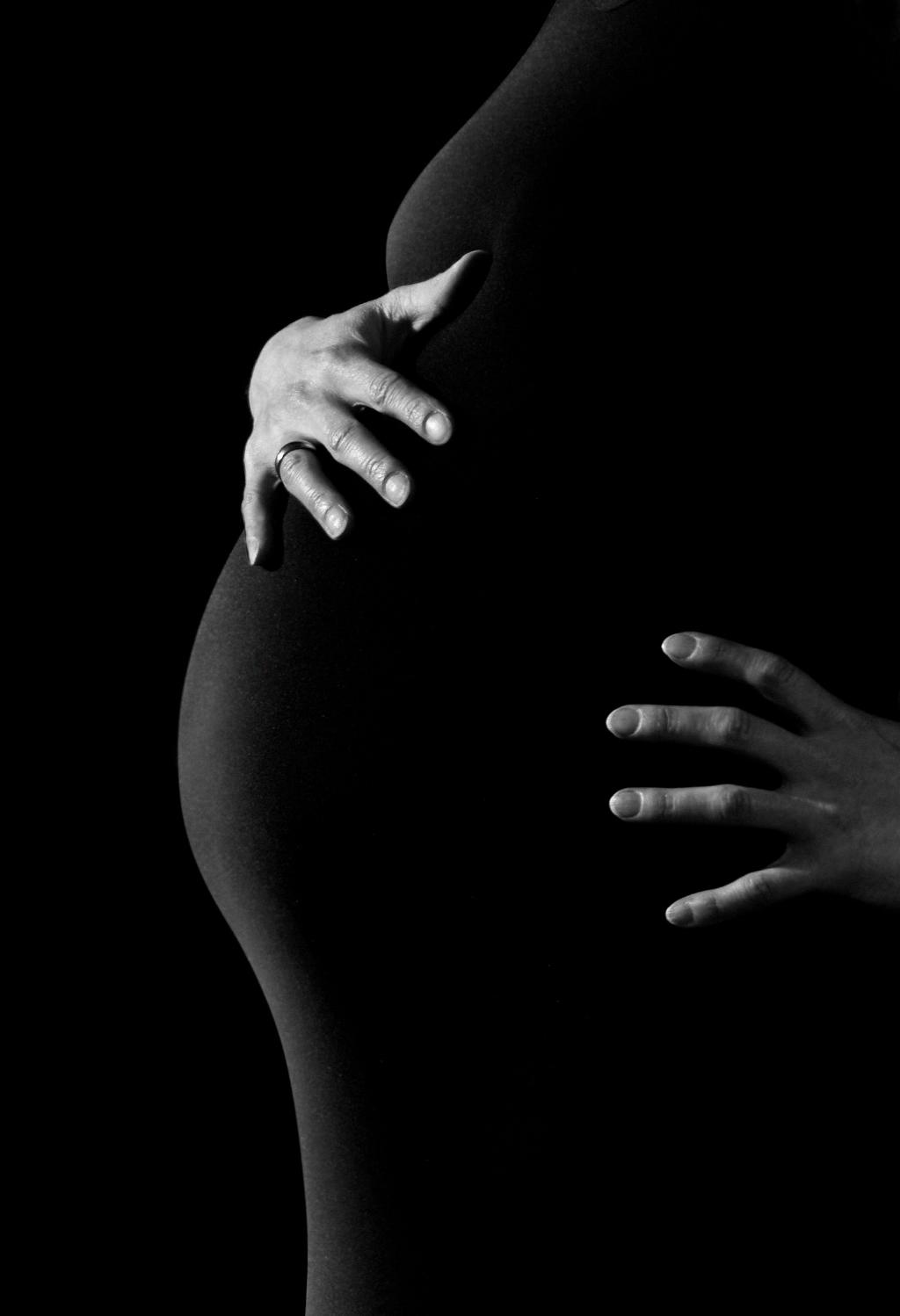One of the most common questions among women who suspect they may be pregnant is whether they can take a pregnancy test after 13 days. With the advancement in technology, home pregnancy tests have become incredibly reliable and are now as effective as the tests available in a doctor’s office.
There are various types of home pregnancy tests available on the market today, ranging from digital to traditional strip tests. It’s important to note that the price of the test does not necessarily determine its accuracy. Even the less expensive tests can provide accurate results, so there’s no need to break the bank for a pregnancy test.
Many home pregnancy tests are designed to detect the presence of the pregnancy hormone hCG in urine. This hormone is produced by the developing placenta shortly after the embryo attaches to the uterine lining. Most tests can determine if you are pregnant as early as 10 to 14 days after unprotected intercourse.
Therefore, if you are wondering whether you can take a pregnancy test after 13 days, the answer is a resounding yes. It is entirely possible to take a test at this early stage and receive reliable results. However, keep in mind that the accuracy of the test may vary depending on the sensitivity of the test and how closely you follow the instructions.
When taking a home pregnancy test, it’s crucial to carefully read the instructions provided with the kit. Following the steps correctly will ensure that you get the most accurate results possible. Make sure to use the first urine of the day, as it tends to have a higher concentration of hCG, making it easier to detect.
While it is possible to take a pregnancy test after 13 days, some women may choose to wait a bit longer before testing. Waiting until you have missed your period can further increase the accuracy of the test results. However, if you are eager to find out early, testing after 13 days can still provide reliable information.
It’s essential to remember that no home pregnancy test is 100% foolproof. Factors such as incorrect usage, expired tests, or certain medications can affect the accuracy of the results. If you receive a negative result but still suspect you may be pregnant, consider retesting a few days later or consulting with a healthcare provider.
Another crucial aspect to consider when taking a pregnancy test after 13 days is your emotional well-being. Waiting for the results can be a nerve-wracking experience, so it’s essential to take care of yourself during this time. Reach out to a trusted friend or family member for support, and remember that whatever the outcome, you are not alone.
Some women may experience symptoms of pregnancy even before taking a test, such as nausea, fatigue, or breast tenderness. While these signs can be indicative of pregnancy, they are not definitive proof. The only way to confirm a pregnancy is through a home pregnancy test or a visit to a healthcare provider for a blood test.
Ultimately, the decision to take a pregnancy test after 13 days is a personal one. If you suspect you may be pregnant, it’s important to trust your instincts and take the necessary steps to confirm your pregnancy status. Remember that no matter the outcome, there are resources and support available to guide you through this journey.
In conclusion, taking a pregnancy test after 13 days is entirely feasible and can provide reliable results. With the wide availability of home pregnancy tests and their accuracy in detecting pregnancy early on, women have the option to find out sooner rather than later. Trust your intuition, follow the test instructions carefully, and seek support if needed during this time of uncertainty.

